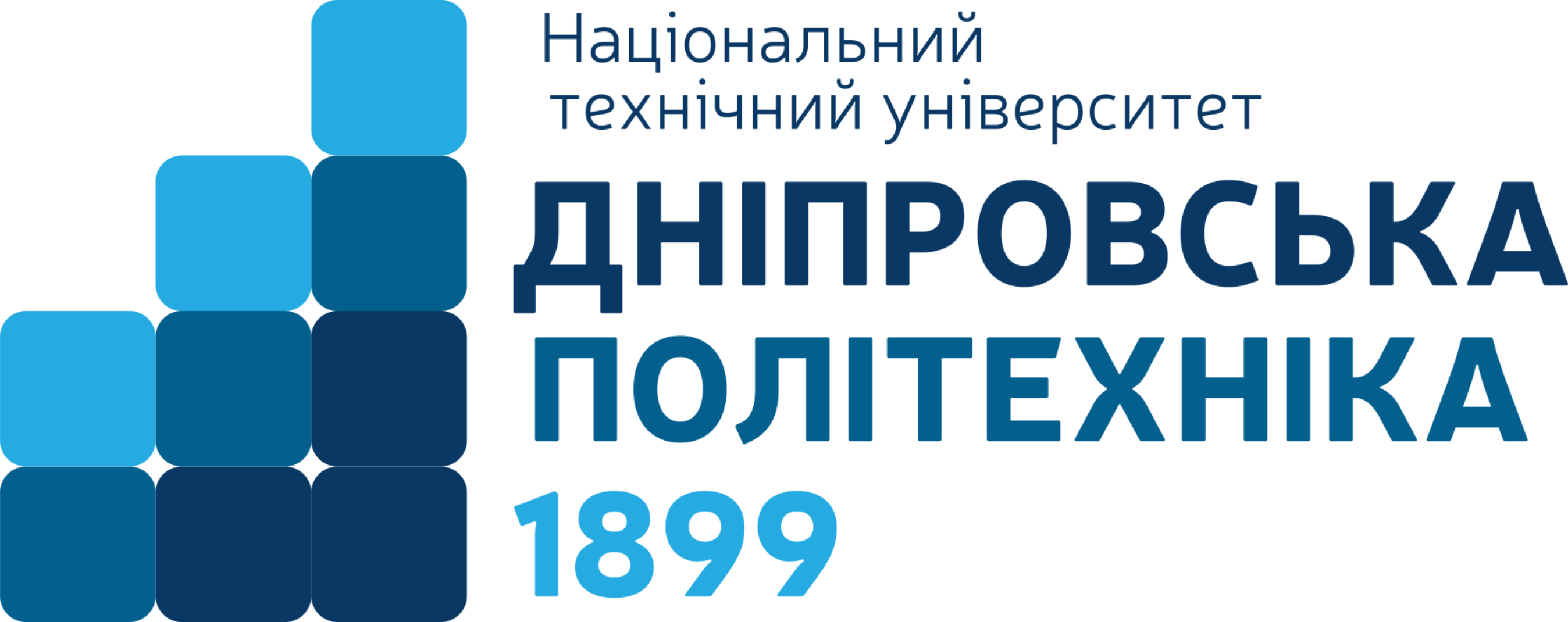MEDICAL RISK HOW TO ESTABLISH EXEMPTION FROM LEGAL LIABILITY
DOI:
https://doi.org/10.32782/LST/2022-2-10Keywords:
medical legal relationship, protection, release from punishment, medical worker, medical law, patient, law enforcement, legal liabilityAbstract
The article highlights the implementation of medical risk as a basis for exemption from legal liability. The author found that in today's conditions the issue of regulatory consolidation of mechanisms for conducting risky medical operations and registration of patients' consent to such actions, including those related to the use of experimental drugs and concomitant clinical trials, is being updated. The purpose of the article is to define the regulation of the rights of the patient as a subject of medical law. The implementation of the set goals involves solving a number of tasks, such as: 1) establishing the content of the rights of patients and the rights of medical workers; 2) search for ways to ensure the effectiveness of legislative regulation of patients' rights through the prism of the legitimacy of medical risk. Scientific novelty. The article substantiates the expediency of a normative understanding of the category of medical risk as a basis for releasing a medical worker from legal liability. As a conclusion, taking into account the determination of the priority of protection and human health, the article substantiates the expediency of concretizing the norms of the current legislation on the application of circumstances precluding the criminality of the act. The author determined that the implementation of professional duties by medical workers is associated with the existence of daily risks, with the adoption of non-standard decisions, with the need to use innovative methods of treatment, but sometimes without this it is impossible to observe the realization of a person's right to healthcare. It is concluded that a justified medical risk is a circumstance that precludes the criminality of an act in the field of protecting the rights and interests of patients, is allowed both to achieve a socially useful goal and public interest in saving human life and health, and in order to find innovative methods of treatment to save humanity, as well as on the application by medical workers of the necessary (sometimes intuitively justified) measures to prevent the onset of negative consequences of the implementation of such a “risk” decision. It is noted that the medical occupational risk should be understood at the legislative level as an acceptable possibility of the onset of negative undesirable negative consequences, which must be taken into account when establishing a treatment plan for patients.
References
Москаленко В. Ф., Грузєва Т. С., Іншакова Г. В. Регламентація права на охорону здоровя у міжнародних нормативно-правових актах. Медичне право України: правовий статус пацієнтів в Україні та його законодавче забезпечення (генезис, розвиток, проблеми і перспективи вдосконалення) : матеріали II Всеукраїнської науково‑практичної конференції 17–18.04.2008, м. Львів. С. 186–201.
Янчуков М. В. Виправданий ризик як обставина, що виключає злочинність діяння : дис... канд. юрид. наук: 12.00.08. Х., 2004. 187 с.
Сапронов О. В. Кримінальна відповідальність за насильницьке донорство : дис... канд. юрид. наук : 12.00.08. Національна академія внутрішніх справ України. К., 2005. 248 с.
Справа №: 1-420/11: постанова Олександрійського міськрайонного суду Кіровоградської області від 27 жовтня 2011 р. URL. : http://www.reyestr.court.gov.ua/Review/52113689
Байда А., Пилипенко М., Макітренко В. Особливості кваліфікації діяння, пов’язаного з ризиком, як обставини, що виключає кримінальну протиправність діяння в медичній сфері. Науковий вісник Дніпропетровського державного університету внутрішніх справ. 2021. № 1. С. 221–228.
Лемеха Р. І. Обставини, що виключають злочинність діяння медичних працівників. Європейські перспективи. 2017. № 2. С. 129–135.
Бойко Ю. Ю. Кримінально-правова охорона прав пацієнта в Україні : дис. на здобуття … к.ю.н. зі спеціальності 12.00.08. Київ, 2019. 241 с.








